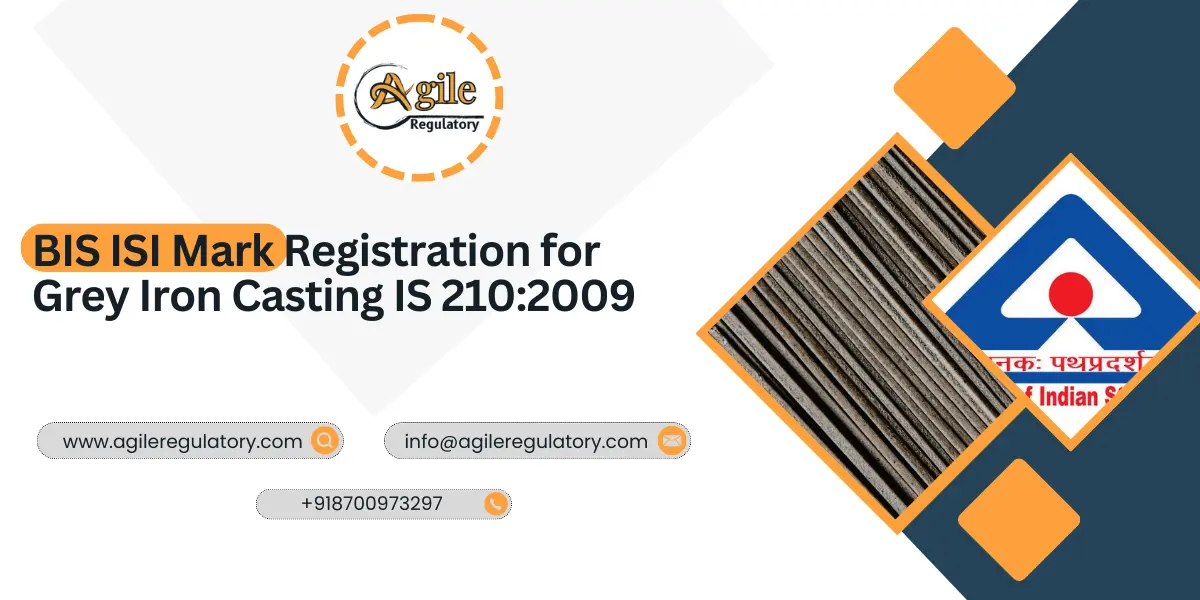
Get Instant Solution By an Expert Advisor
(4.8)


Entering the shampoo market in India cannot be merely about developing a formula and offering the product in the market. BIS has also given specific specifications and tests that would make shampoos safe, effective, and as well possess uniformity. The guidelines are supposed to protect consumers against hazardous chemicals and to give businesses a quality manual. Understanding BIS standards is something you should understand, as a manufacturer or an entrepreneur. It tells you what ingredients you can utilize, the labelling of your product and your pre-launching test.
BIS standards ensure that in addition to cleaning hair shampoo is harmless in the long run. A shampoo comes in direct contact with the scalp and these impurities may be corrosive or abrasive. In the absence of standard requirements, companies might introduce such unsafe chemicals. The cosmetic industry in India sustains through the BIS and remains trustworthy and competitive worldwide.
For businesses, compliance also means credibility. Products tested under BIS standards stand out in the market.
BIS has detailed requirements under IS 7884:2006, which is the standard for shampoos in India. The major specifications include:
|
Parameter |
BIS Requirement |
Purpose |
|
pH Value |
5.5 – 7.5 |
Matches scalp balance and prevents irritation |
|
Active Detergent Content |
Minimum 8% |
Ensures effective cleaning |
|
Toxic Substances |
Must be absent |
Protects consumers from harm |
|
Heavy Metals (Lead, Arsenic) |
Within prescribed limits |
Prevents long-term health risks |
|
Stability |
No phase separation or foul smell |
Keeps product reliable during shelf life |
|
Foaming Ability |
Should meet test standards |
Ensures consumer satisfaction |
These values keep shampoo consistent in quality, safety and performance
BIS does not just check the end product. It also regulates ingredients.
This ensures that every shampoo remains safe when used daily
BIS ISI Mark Certificate for PVC Pipes: IS 4985 2000
Testing is a major part of BIS compliance. Analytical methods include both physical and chemical checks.
The shampoo should be uniform, free of foreign matter, and have a pleasant smell.
Measured using a pH meter this ensures the shampoo matches scalp conditions
Foam height and stability are measured to confirm consumer-friendly performance.
Tests the cleaning ability and ensures the content of detergent meets the minimum requirement.
Shampoo is stored under varying conditions to check for separation, odor change or spoilage
Ensures no harmful bacteria or fungi are present. This is crucial for scalp health
These analytical methods provide scientific assurance that shampoo is safe and effective before it reaches the market
BIS ISI Mark Certificate for Aluminium and Aluminium Alloy Bare Foil for Food Packaging: IS 15392
BIS standards also extend to packaging and labeling.
These details help consumers make informed choices and trace the product if complaints arise
Manufacturers must follow a structured process to comply with BIS standards
Failure to comply is not petty. The risk faced by a manufacturer who sells his/her shampoos that are not certified by the BIS:
BIS certification is not just a legal requirement; it adds business value.
For any shampoo business, BIS certification is both a shield and a growth tool.
Small businesses may face challenges like:
Despite these hurdles, compliance is crucial. With professional support even small manufacturers can meet standards without delays
The Indian shampoo industry is competitive and compliance is the path to being different. Specifications and analytical techniques are the BIS specifications. These protect the consumer and assist credibility in business. To a manufacturer these standards will guarantee effortless entry and growth in the market
Agile Regulatory serves as a facilitator for business enterprises in pursuing BIS approval. Under the guidance of experts, easy-to-understand documentation and end-to-end support Agile Regulatory makes sure your shampoo brand complies with all the requirements without any headache. When it comes to launching or further development of your shampoo business, collaboration with Agile Regulatory is the best choice.

 Nishi Chawla
Nishi Chawla
22 Nov, 2025

 Nishi Chawla
Nishi Chawla
22 Nov, 2025

 Nishi Chawla
Nishi Chawla
20 Nov, 2025

 Nishi Chawla
Nishi Chawla
20 Nov, 2025

 Nishi Chawla
Nishi Chawla
19 Nov, 2025

Get Instant Solution By an Expert Advisor
(4.8)
We simplify compliance through a proven 4-step process: Consultation, Documentation, Submission, and certification. From understanding requirements to getting final approvals, we deliver a smooth, timely, and fully compliant journey for your business.
What our customer says about us
Fantastic support from the team. Their expertise transformed our approach, driving remarkable outcomes. A must-have partner for businesses seeking effective consulting solutions. Highly recommended.

KTPL Instruments
Agile Regualtory delivers exceptional solutions. Their insightful guidance streamlined our processes and boosted profitability. Highly recommended for businesses seeking expert consulting services to thrive.

Justrack IOT
Impressed by Agile Regulatory's expertise. Their strategic insights and practical solutions have elevated our business operations. A reliable partner for effective consulting services. Highly recommended for growth-focused businesses.

Coaire Compressor
Extraordinary consulting services. Their insightful solutions and dedicated team reshaped our business, driving remarkable improvements. Highly recommend it for transformative results.

Easy Polymer
Incredible experience with Agile Regulatory. Their innovative strategies and expert advice revitalized our business model, resulting in impressive growth. Highly recommend their exceptional consulting services.

Tarus International
Top-tier consulting! offered strategic solutions that revolutionized our approach. Their deep expertise and personalized guidance made a significant impact on our success. Highly recommend their services.

Anchor Weighing
Agile Regulatory exceeded expectations! Their tailored solutions, expertise, and proactive approach led to remarkable results. Highly recommend for businesses seeking impactful and strategic guidance.

AM Capacitor
Outstanding service! delivered targeted solutions with professionalism and expertise. Their insights elevated our business strategies, resulting in noticeable growth. Highly recommended for exceptional consultation.

Imaxx Pro Aquistic
Leave a Reply
Your email address will not be published. Required fields are marked *